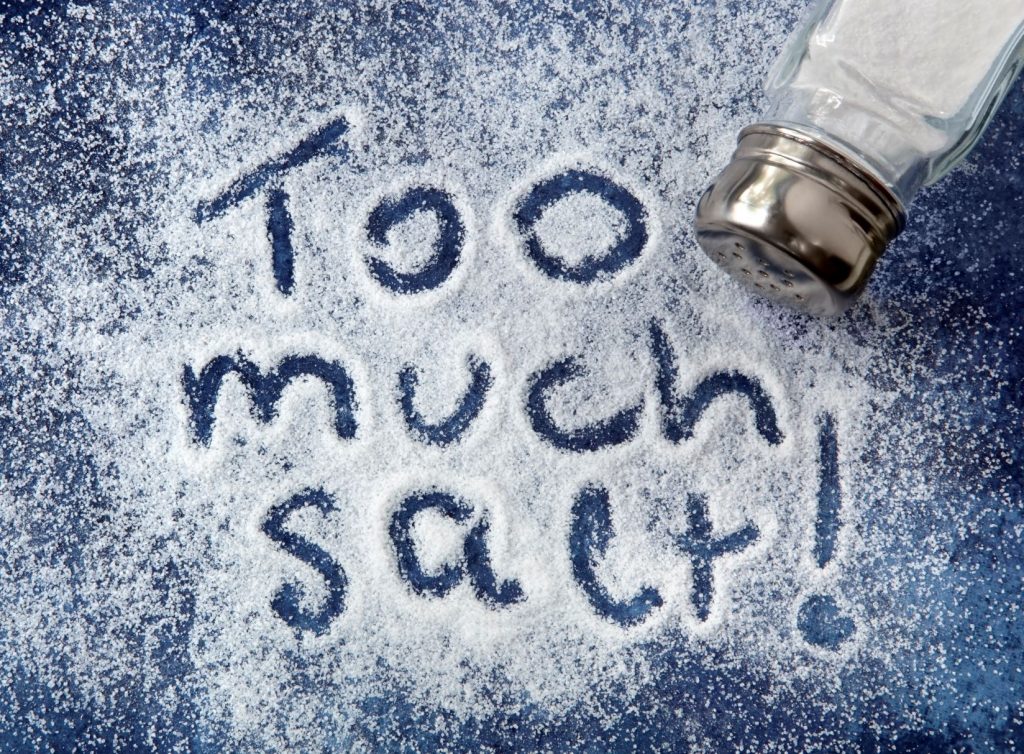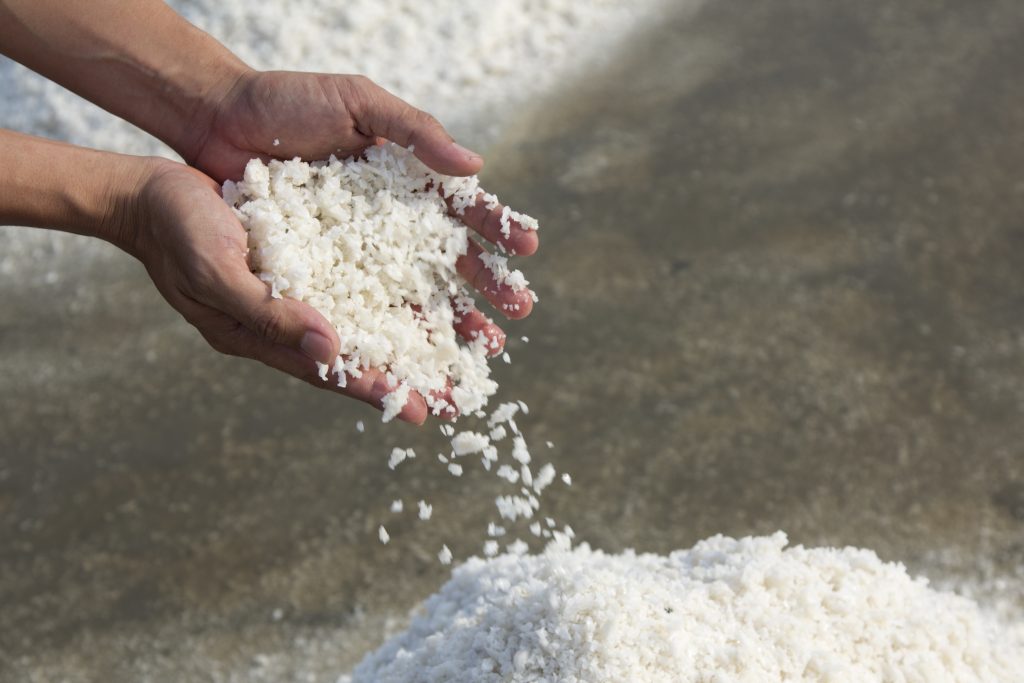No reduction of salt intake in the UK during 2014 to 2018

A new report from Public Health England has demonstrated that there has been no further reduction in salt intake in England from 2014 to 2018. Prepared by Robert Ashford et al, the report used the gold standard measurement of 24-hour sodium excretion and showed that the mean salt intake in adults aged 19 to 64 […]
Comparison of 24-h Diet Records, 24-h Urine, and Duplicate Diets for Estimating Dietary Intakes of Potassium, Sodium, and Iodine in Children – New Zealand

A study recently published by Peniamina, R et al in Nutrients compared the use of three different diet assessment methods for potassium, sodium and iodine in children in New Zealand. The accuracy of diet records, weighed food records and 24-hour urine samples were compared for a sample of 84 nine to 11 year olds. They […]
Sources of dietary sodium and implications for a state-wide salt reduction program in Victoria, Australia

Bolton, KA et al recently published data on dietary sodium intake and sources of dietary sodium from dietary recalls in the Victorian adult population. Salt intake from 24hr urine collections (n=338) was estimated as 8.9g/day after adjustment for non-urinary losses. Estimated salt intake from 24hr diet recall was lower, at 6.9g/day. It was estimated that […]
Potassium Intake in India: Opportunity for Mitigating Risks of High-Sodium Diets

Published in the American Journal of Preventive Medicine, Anand et al conducted a cross-sectional study using data from 24 hour urine samples and dietary recall to test the hypothesis of whether potassium intake reduces the effects of a high-sodium diet. Participants were adult males and females from rural and urban areas in India. 24 hour […]
A Systematic Review and Meta-analysis of Salt Consumption in Latin America and the Caribbean

Published in Nutrients, Carrillo-Larco and Bernabe-Ortiz conducted a systematic review and meta-analysis to estimate sodium and salt consumption in Latin America and the Caribbean. The review included 15 studies for qualitative synthesis and 18 studies for quantitative synthesis. Six studies collected 24 h urine samples while the others collected either 12 h, overnight, or spot […]
Sodium, Potassium and Iodine Intake, in a National Adult Population Sample of the Republic of Moldova

A recent study published in Nutrients by D’Elia et al. investigated sodium, potassium and iodine intake in the Republic of Moldova. Twenty-four hour urine samples were collected and analysed from 858 adults (326 men and 532 women, 66% response rate). Mean salt intake was found to be 10.8g/day, with only 11.3% of people meeting the […]
Use of ‘low-salt’ bread as part of a reduced salt diet important in reducing blood pressure – Ireland

Bread is a major contributor to salt intake in Ireland. Cashman K et al recently published a study in Nutrients investigating the consumption of ‘low-salt’ bread, and its influence on blood pressure. Ninety seven adults participated in a five week cross-over study, which included salt intake estimated from 24-hr urine collections. They found that salt […]
Sodium intake from foods exceeds recommended limits in the Spanish population: The ANIBES Study

Published in Nutrients, Partearroyo et al described the contribution of foods to sodium consumption in the Spanish population from three-day food records. Sodium intake from food was estimated to be 2025mg per day, or 5.06g salt, excluding discretionary salt. The main dietary sources were meat products (27%) and cereal and grain products (26%), followed by […]
Estimating mean population salt intake in Fiji and Samoa using spot urine samples

Santos JA et al estimated mean population salt intake in Fiji and Samoa using spot urine samples compared with measured salt intake from 24 hour urine samples in a sample of 414 and 725 participants from Fiji and Samoa respectively. They found that the INTERSALT equation with potassium produced the closest salt intake estimates in […]
Dietary Sources of Salt in Low- and Middle-Income Countries

Menyanu E et al recently published a systematic literature review, investigating the dietary sources of salt in low- and middle- income countries (LMICs), published in Environmental Research and Public Health. They reviewed articles that included information on dietary intake of salt using dietary assessment methods, food composition tables, and/or laboratory analysis of the salt content […]